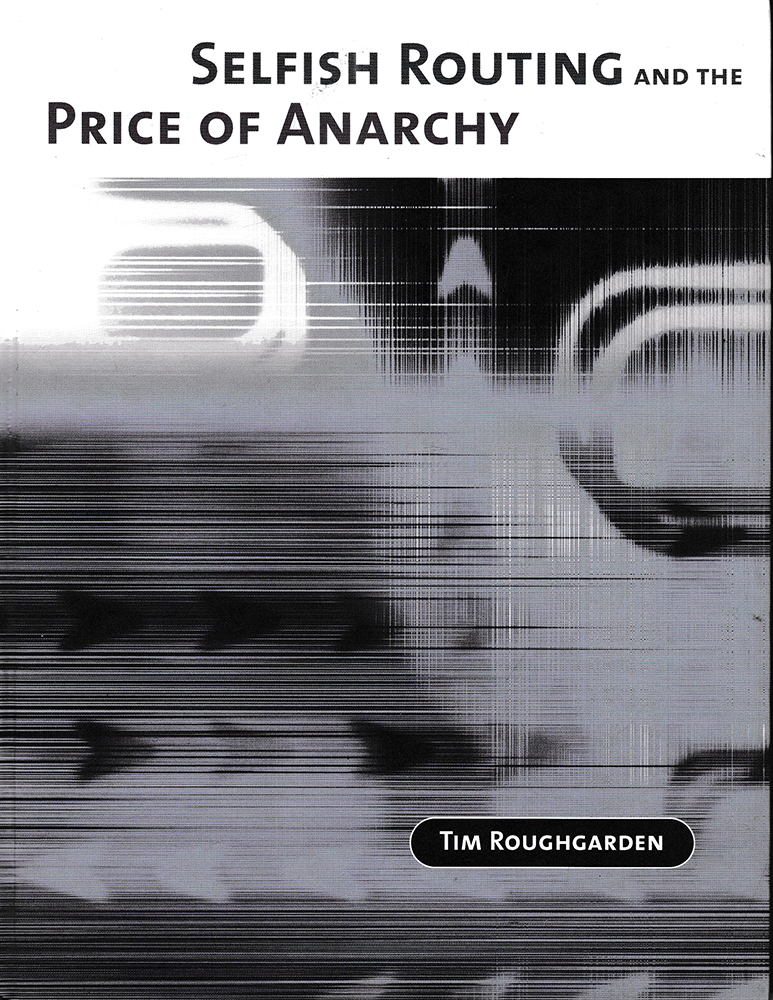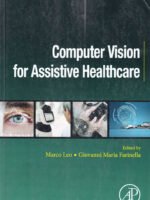An analysis of the loss in performance caused by selfish, uncoordinated behavior in networks. Most of us prefer to commute by the shortest route available, without taking into account the traffic congestion that we cause for others. Many networks, including computer networks, suffer from some type of this “selfish routing.” In Selfish Routing and the Price of Anarchy, Tim Roughgarden studies the loss of social welfare caused by selfish, uncoordinated behavior in networks. He quantifies the price of anarchy—the worst-possible loss of social welfare from selfish routing
save
₹1,949.00Selfish Routing and the Price of Anarchy
Roughgarden begins with a relatively nontechnical introduction to selfish routing, describing two important examples that motivate the problems that follow. The first, Pigou’s Example, demonstrates that selfish behavior need not generate a socially optimal outcome. The second, the counterintiuitve Braess’s Paradox, shows that network improvements can degrade network performance. He then develops techniques for quantifying the price of anarchy (with Pigou’s Example playing a central role). Next, he analyzes Braess’s Paradox and the computational complexity of detecting it algorithmically, and he describes Stackelberg routing, which improves the price of anarchy using a modest degree of central control. Finally, he defines several open problems that may inspire further research. Roughgarden’s work will be of interest not only to researchers and graduate students in theoretical computer science and optimization but also to other computer scientists, as well as to economists, electrical engineers, and mathematicians.
₹1,550.00₹3,499.00
Out of stock









Be the first to review “Selfish Routing and the Price of Anarchy”